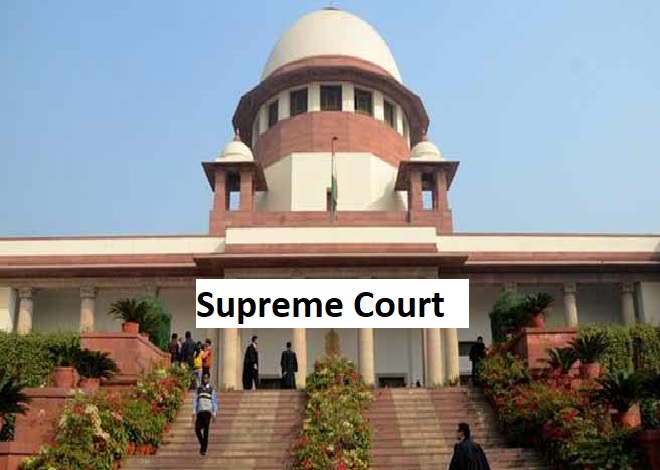


On November 3, the Supreme Court criticized the Indian Army for its arbitrary approach to promoting women officers with permanent commissions, contrary to prior judgments.
The Court noted that the Army's norms have failed to deliver justice to women officers who've fought for their rightful entitlements, akin to their male counterparts.
The bench, including CJI DY Chandrachud, Justice JB Pardiwala, and Justice Manoj Misra, was reviewing applications from women army officers, such as Lt. Col. Nitisha v. Union of India. They acknowledged that the criteria for granting permanent commissions to women officers, while appearing unbiased, were, in reality, indirectly discriminatory.
The complaints were brought forward by women officers in the Indian Army, all of whom had received permanent commissions following the Nitisha decision. The concern revolved around their exclusion from consideration for promotion to the Colonel rank. According to the established policy for empanelment, the selection boards would evaluate Confidential Reports (CRs) for promotion. The framework in question prioritized CRs over other factors, assigning 89 out of 100 marks to them.
The dispute centered around how the Confidential Reports (CRs) of women officers were evaluated for promotions. It was determined that the CR dates for women army officers should align with those of their male counterparts. The concern of the women officers was that, due to this directive, the CRs from the 1992 batch to the 2005 batch had not received full consideration.
The women officers, represented by Senior Advocate Huzefa Ahmadi and Senior Advocate V Mohana, argued that, in line with the Nitisha decision, the complete profiles of women officers should be considered. However, a significant portion of their CRs had been excluded to create an apparent parity with male officers. In contrast, the Defense Ministry, represented by Attorney General Venkatramani and Senior Advocate Col R Balasubramanium, explained that there was a distinction in the procedure followed for the Special Selection Board (SSB) 3, which granted Permanent Commission to women. SSB 3 only conducted one assessment, unlike the three assessments performed by other SSBs over three years. For women officers, all three assessments were conducted simultaneously in January 2023 to expedite their promotion process. The Ministry also stated that the comparison was made between the profiles of women officers and their own female batchmates, not their male counterparts.
The court determined that the same cut-off criteria were applied to both the women officers' batches considered in SSB 3 and their male counterparts. The bench observed:
The bench expressed its opinion, stating that the application of the cut-off criteria for evaluating women officers' CRs for Colonel empanelment is arbitrary. This approach goes against the principles established in the Nitisha case and contradicts the policy framework of the Indian Army. The policy framework clearly specified that all CRs after nine years of service should be considered. Furthermore, with the introduction of the quantitative assessment system, it was clarified that the assessment of CRs for all Special Selection Boards (SSBs) should align with the policy in effect at that time.
Recognizing the significance of Confidential Reports (CRs), the court observed that the cut-off was unfairly applied in this instance to establish parity between women officers and their male counterparts. The bench expressed:
The approach taken appears to be aimed at undermining the rightful claims of women officers. Such a stance fails to uphold the imperative of delivering justice to women officers who have struggled diligently for their due entitlements. The way in which applicants were denied empanelment is arbitrary and contradicts both the Nitisha judgment and the framework established by army authorities.
As a result, a new evaluation process, involving the reconvening of SSB 3, has been mandated within a fortnight. The court additionally stated:
The officers who have already been promoted to the rank of colonels will not face any changes or disruptions, and their seniority will remain unaffected.
TAGS: Promoted officers Colonels Unaffected Seniority Not disturbed Existing promotions.